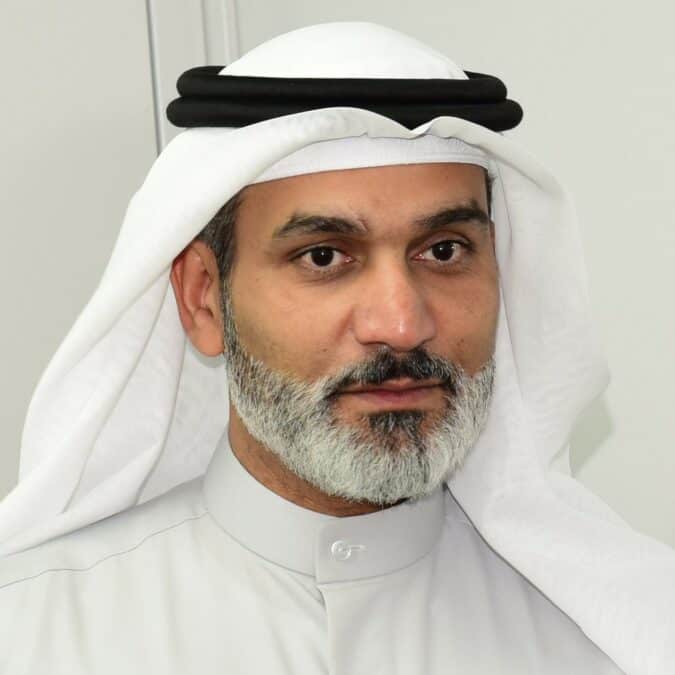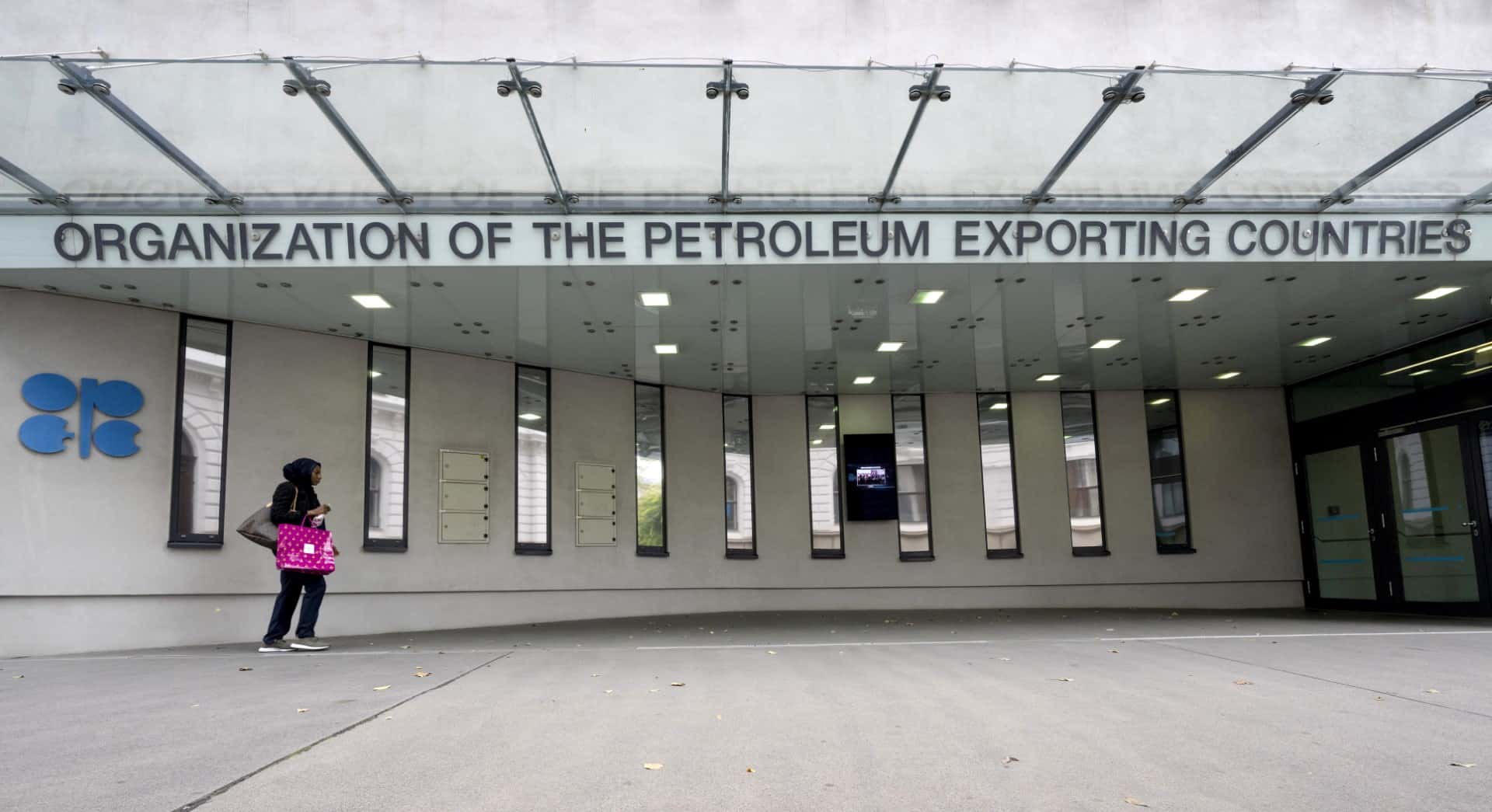Vienna – The International Energy Agency (IEA) should be ‘very careful’ about discouraging oil investments, which is important for global economic growth, said OPEC Secretary General Haitham Al Ghais on Thursday.
Al Ghais also advised the IEA to exercise caution and avoid actions that could lead to future volatility in the oil market.
Al Ghais’s remarks came after the IEA Executive Director, Fatih Birol, criticized OPEC+ for their unexpected decision to reduce oil output by 1.66 million barrels per day from May until the end of 2023.
Birol labeled finger-pointing and misrepresenting the actions of OPEC and OPEC+ as “counterproductive.” However, the OPEC Secretary General argued that repeated calls to halt oil investments could contribute to market instability in the future.

During a Bloomberg TV interview, Birol urged OPEC to carefully consider its production policy, emphasizing that higher crude prices and inflationary pressures would weaken the global economy.
Birol also remarked that the need for more oil in the coming decades, particularly in developing nations, was evident in data-driven outlooks. He emphasized that the IEA’s repeated calls to halt investments in oil were what could lead to market volatility.
In response, Al Ghais dismissed the notion of blaming oil for inflation, deeming it “erroneous and technically incorrect.”
He reiterated that the IEA’s repeated calls to cease investing in oil were the actual factor that could contribute to market volatility.
Saudi Arabia joined the criticism, blaming the IEA and its initial predictions for a 3 million barrels per day drop in Russian production due to the Ukraine invasion last year for the United States’ decision to sell oil from its reserves.
Russian Deputy Prime Minister Alexander Novak asserted that the OPEC+ group, comprising leading oil producers, saw no need for further output cuts despite lower-than-expected Chinese demand. Novak stated that the organization could adjust its policies if necessary.
Novak emphasized that Russia had reached its targeted output for the month, having previously announced cuts of 500,000 barrels per day, or five percent of its oil production, until the end of the year. He further revealed that Russian oil and gas condensate production was expected to decline this year to around 515 million tons (10.3 million barrels per day) from 535 million tons in 2022, in line with a recent Reuters report.
When questioned about the need to further reduce output due to falling oil prices, Novak responded that it was not necessary, as the decision to reduce production was made only a month ago and would take effect in May for participating countries. He reassured that OPEC+ did not anticipate a shortage in oil supplies globally following the production cuts, as predicted by the International Energy Agency.
Russia managed to maintain its oil production and exports by diverting sales away from Europe following severe Western sanctions related to the Ukraine war. Novak stated that this year, Russia would redirect 140 million tons of oil and oil products to Asia, which were previously destined for Europe. Additionally, Russia plans to supply 80 million tons and 90 million tons of oil and oil products to Western markets in 2023.
Meanwhile, oil prices rebounded on Thursday, recovering from earlier losses driven by concerns of a recession in the United States and increased Russian oil exports, which countered the impact of OPEC production cuts.
New orders for key US-manufactured capital goods fell more than expected in March, and shipments declined. US Energy Information Administration (EIA) data showing US crude inventories fell last week by 5.1 million barrels to 460.9 million barrels helped to limit the price fall, far exceeding analyst forecasts of a 1.5 million drop in a Reuters poll.
(With inputs from QNA and agencies)








